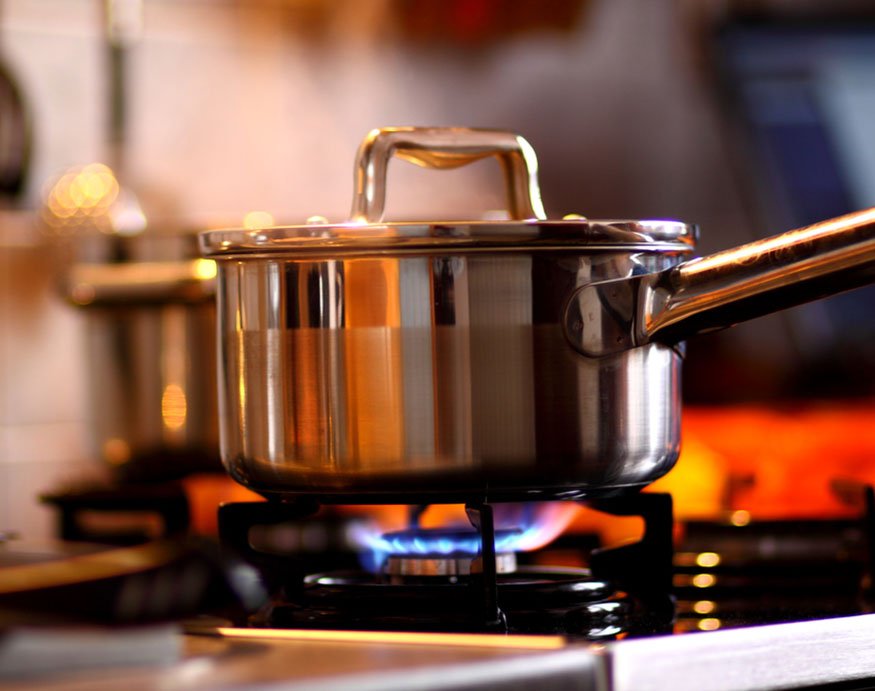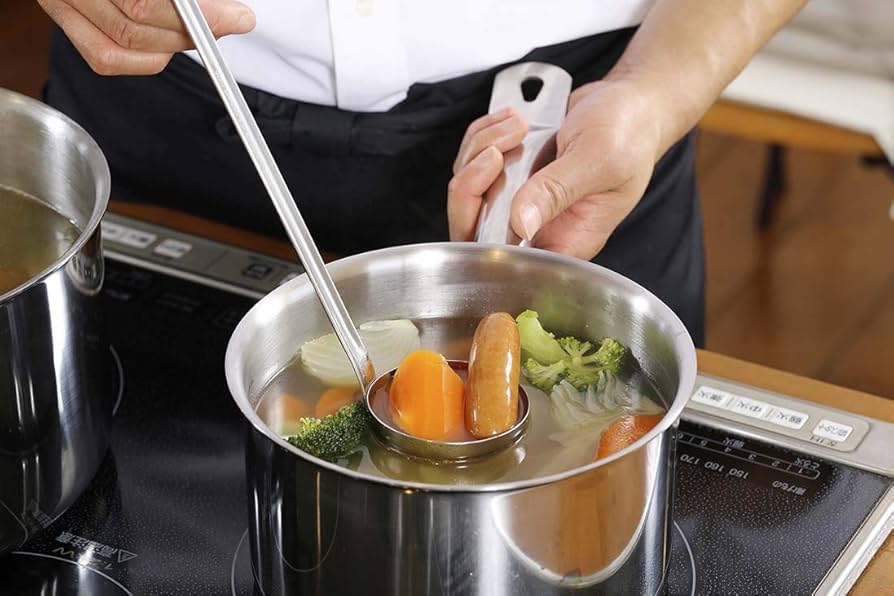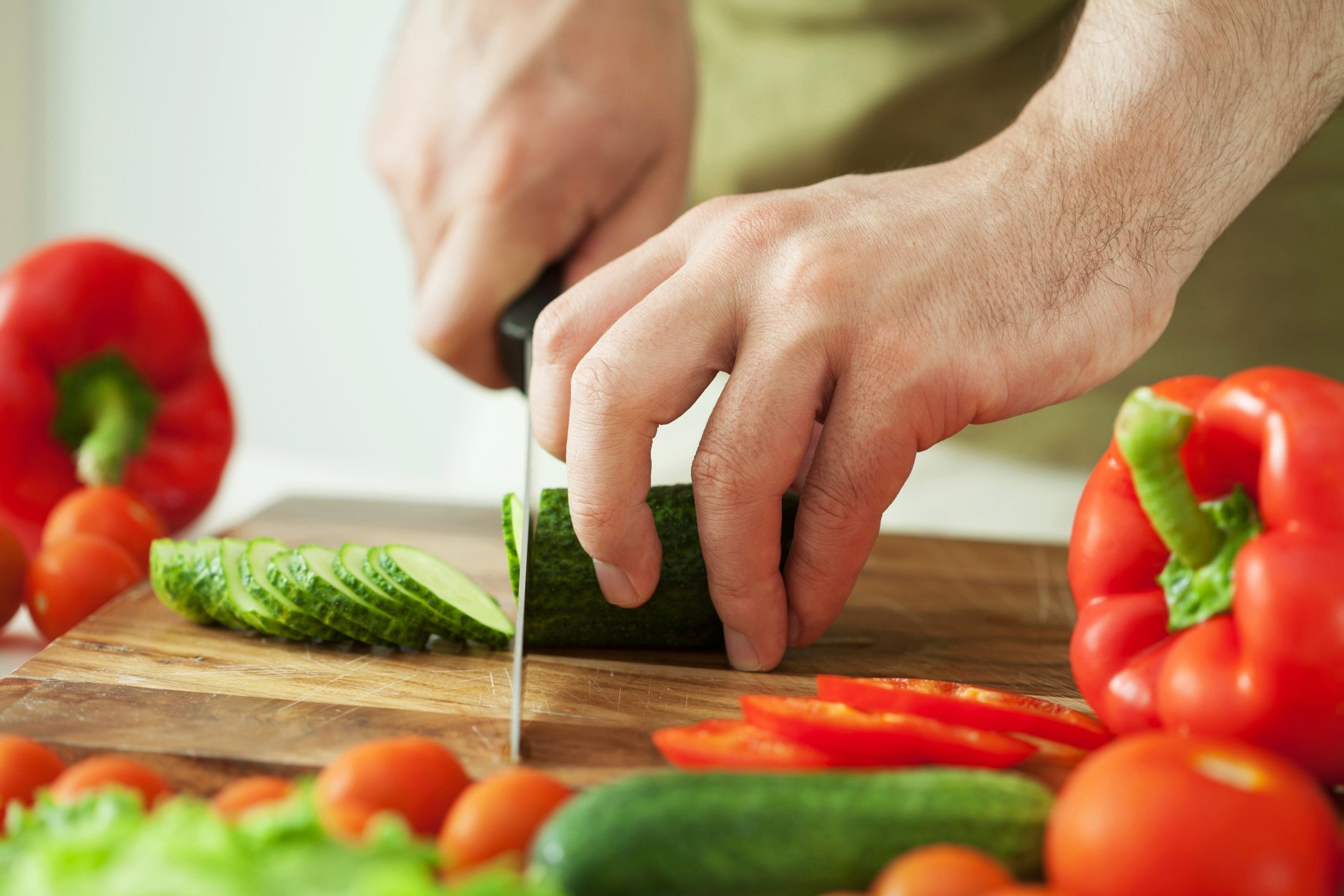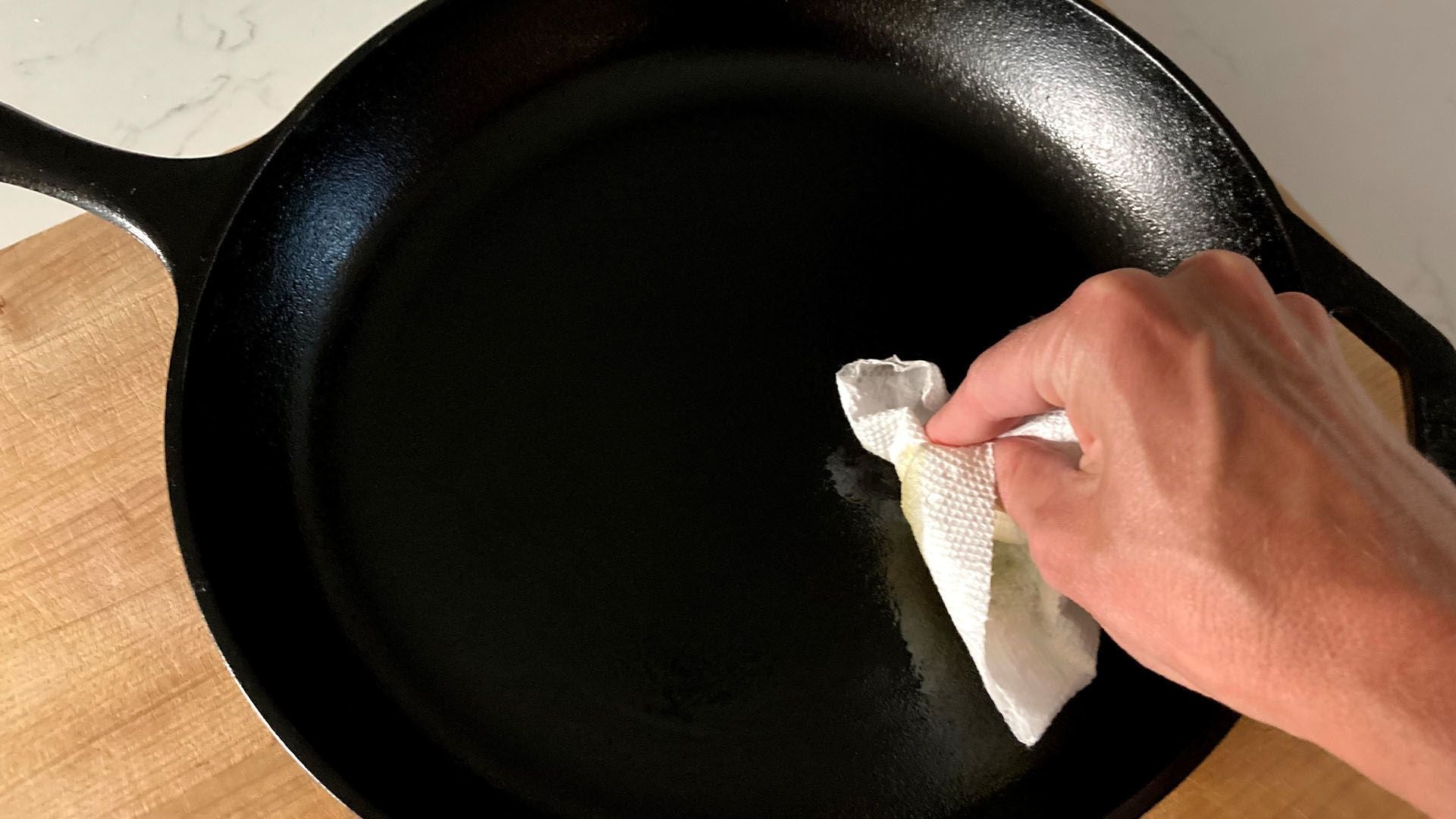Understanding whether your saucepan is oven proof is crucial for kitchen professionals. Knowing the appropriate cookware can save time, resources, and ensure quality results in dishes, especially in high-pressure kitchen environments. So, how do I know if my saucepan is oven proof? Let's dive into the essential considerations.
The first step to identifying whether your saucepan can withstand oven temperatures is checking the manufacturer's label. Often, kitchen equipment comes with clear indications regarding their heat resistance and suitability for various cooking methods. Many high-quality brands produce saucepans labelled as oven safe, which is a crucial factor to look for when purchasing or using them.

Items That Indicate Oven Safety
When examining a saucepan for its heat durability, several indicators stand out:
- Material: Most oven-proof saucepans are made from materials such as stainless steel, cast iron, and certain types of glass.
- Handles: Make sure the handles are also oven-safe. Some plastic handles can melt or warp in high heat.
- Manufacturer Guidance: Always consult the manufacturer's instructions for the specific saucepan.

Common Materials Used in Saucepan Construction
The construction material plays a significant role in determining if a saucepan is oven proof. Lets break down the materials commonly used:
1. Stainless Steel
Stainless steel is a popular choice for professional kitchens due to its durability and resistance to corrosion. It can generally withstand high temperatures, making it a reliable option for bakers. However, ensure that the saucepan has an oven-safe label, as variations exist.
2. Cast Iron
Cast iron is known for its exceptional heat retention and even cooking. Almost all cast iron cookware is oven proof. This material is ideal for slow-cooking and baking, making it the preferred choice for many chefs.
3. Non-stick Coating
While many non-stick pans are versatile, not all can handle oven temperatures. Some manufacturers state whether their non-stick products can be used in the oven, often limiting to 350F to 400F.
4. Glass
Glass saucepans, such as those made from Pyrex, are often safe for oven use, but you must check the specifications carefully to avoid thermal shock.

Signs Your Saucepan Might Not Be Oven Safe
As kitchen professionals, it's equally important to recognize the signs that a saucepan is not suitable for oven use. Here are red flags to look out for:
- Plastic Parts: If your saucepan features plastic handles or lids, it's likely not suitable for the oven.
- Weight: If a saucepan feels overly flimsy or light, it may be constructed from materials that cannot withstand high temperatures.
- Discoloration: If you notice fading or discoloration in certain areas, it may indicate damage that could affect its oven safety.

Consulting Expertise and Resources
For further details, you may want to consult additional resources. A helpful link is what is a saucepan used for. Understanding various saucepan designs helps inform when and how to utilize your cookware effectively.
Practical Tests to Check Oven Safety
If you need further assurance about your saucepan's capability to handle oven conditions, you can conduct practical tests:
1. Heat Resistance Test
Place the saucepan in the oven at a low temperature for a short duration. Carefully note if there are any changes in shape, smell, or materials.
2. Manufacturer Reviews
Consult professional reviews or forums to gauge experiences from other chefs regarding your specific saucepan model.
Maintenance Tips for Oven-Proof Cookware
Once you've established that your saucepan is oven proof, taking care of it properly will ensure its longevity:
- Clean After Use: Regularly clean your saucepan after each use to prevent buildup of residues.
- Avoid Sudden Temperature Changes: Sudden shifts from cold to hot can lead to thermal shock and damage.
- Store Properly: Avoid stacking non-stick saucepans unless specified by the manufacturer as it may scratch their surfaces.
Related Blogs for Further Insights
For a better understanding of saucepans, you might find these blogs helpful:
FAQ Section
Q1: Can all stainless steel saucepans go in the oven?
A1: Not all stainless steel saucepans are oven safe. Always check the manufacturer's guidelines.
Q2: How can I test if my non-stick saucepan is oven safe?
A2: Review the product details from the manufacturer. Many non-stick pans have a heat limitation.
Q3: Is ceramic cookware oven proof?
A3: Most ceramic cookware is oven safe, but specifics may vary by manufacturer, so consult the guidelines.
As an Amazon Associate, I earn from qualifying purchases.






Leave a comment
This site is protected by hCaptcha and the hCaptcha Privacy Policy and Terms of Service apply.